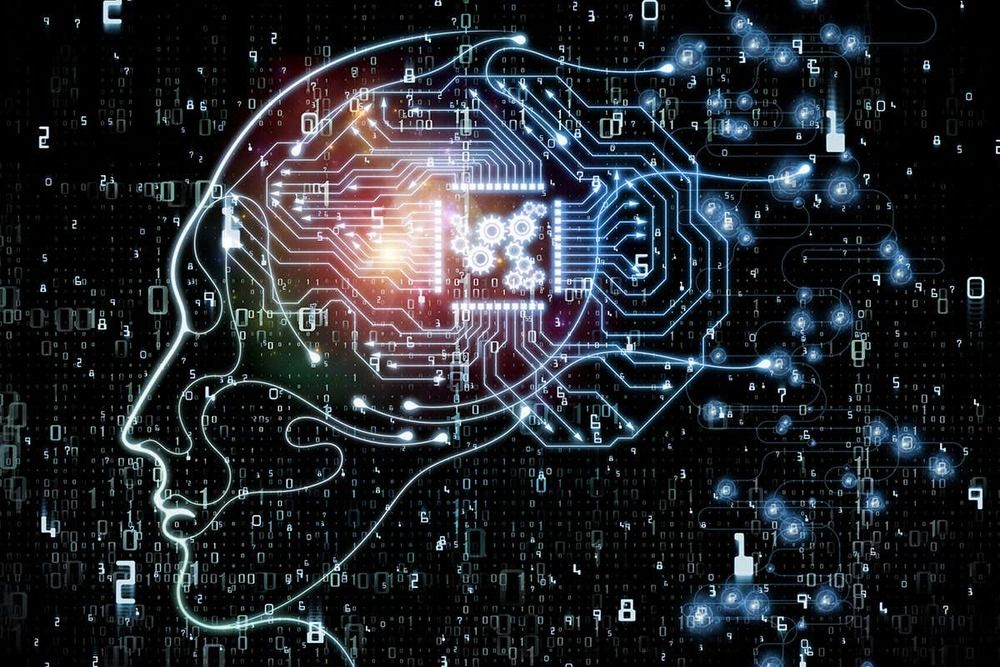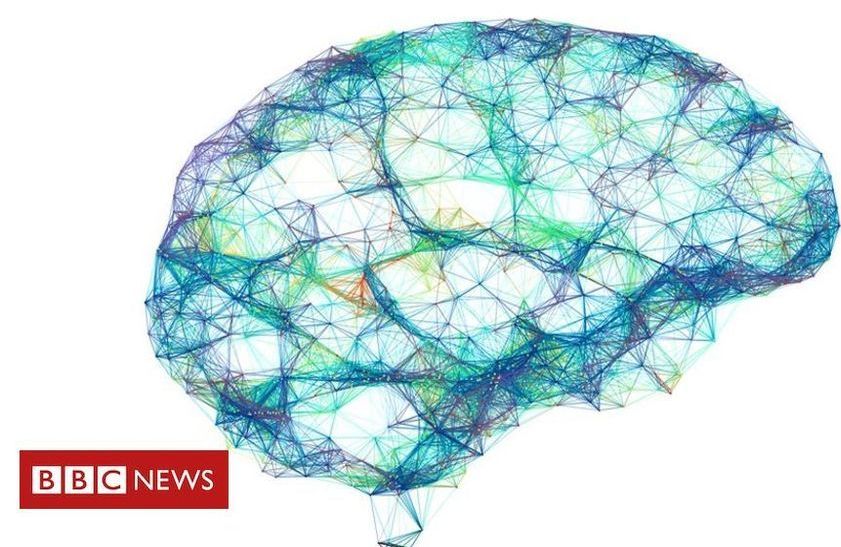
A new blood test that can detect methylation of DNA can accurately predict whether a person has any one of 50 cancers and where the tumour is growing.
The California-based healthcare company Grail, which developed the test, owns a large database of methylation patterns in cancerous and non-cancerous cell-free DNA. From that repository, a machine learning program was developed to analyse blood samples. The algorithm identified methylation changes that are classified as cancerous or non-cancerous, and it could even pinpoint the tissue of origin before the onset of symptoms.
Validation of the test was carried out by researchers from the US at the Mayo Clinic, Cleveland Clinic and Harvard medical school, working with colleagues at the Francis Crick Institute and University College London in the UK. In all, more than 15,000 volunteers from over 140 clinics in North America took part, and their samples revealed that this ‘liquid biopsy’ had a 0.7% false positive rate for cancer detection. The test was also able to predict the tissue that the cancer originated in with more than 90% accuracy. It performed best on 12 of the most common cancers, including ones that are most lethal and have no established screening paradigms such as pancreatic and ovarian cancers.
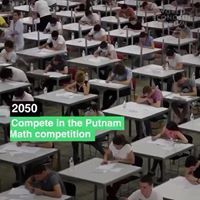
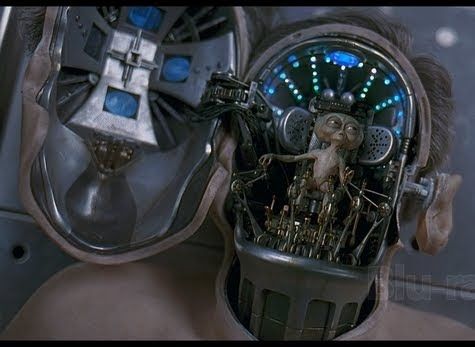
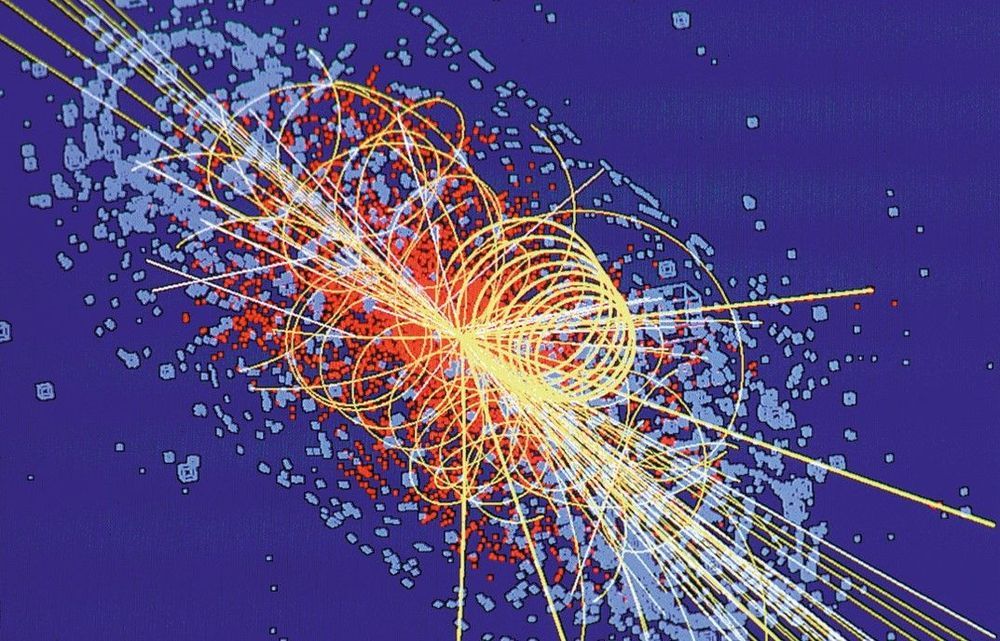
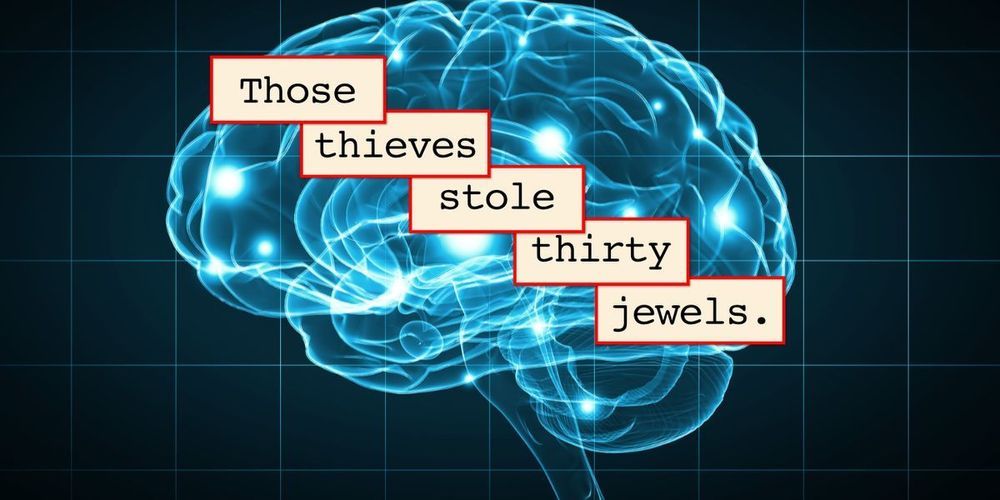


 Now the Defense Advanced Research Projects Agency is jumping on the bandwagon with their new “Sonic Projector” program:
Now the Defense Advanced Research Projects Agency is jumping on the bandwagon with their new “Sonic Projector” program:

